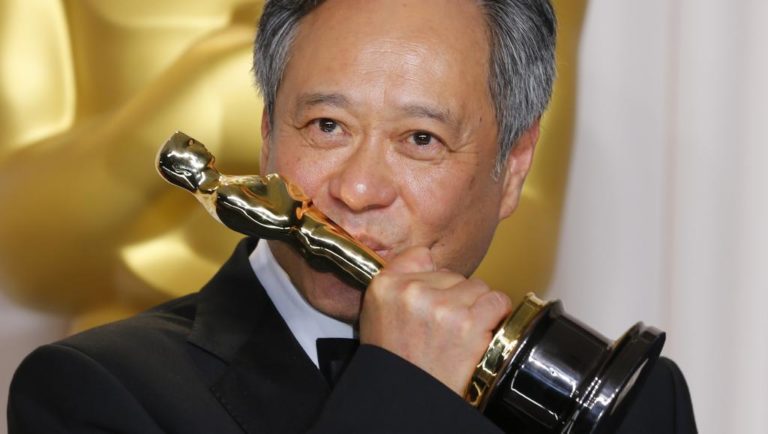I was thrilled when I heard about Ang Lee's new thriller, “Gemini Man.” Ang Lee is my idol, an inspiration and one of the best directors in Hollywood.
I was disappointed after watching it.
It felt like I tasted a dish that wasn't quite right- cooked by a talented chef who was unfamiliar with the cuisine. But “Gemini Man” will not kill my passion for Ang Lee movies.
For me, he is more than the first person of color to win the Academy Award for Best Director. He introduced me to a different side of Chinese culture- in the way that only a film director can. Lee brings his films to life through an immersive experience that is engaging and touching. From his insightful observation of 90's Chinese family to sensually colorful descriptions of the espionage period, Lee **almost** never lets me down.
"Gemini Man" is a miss, but here are three Ang Lee films that will remind you why Ang Lee is still a boss in the film industry.
[zombify_post]


0 Comments